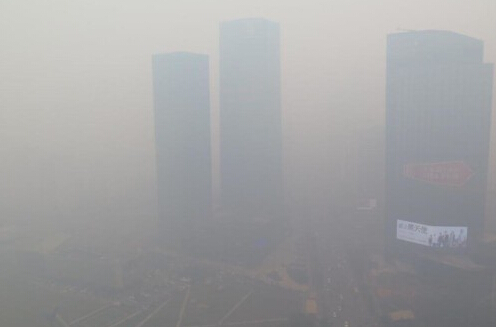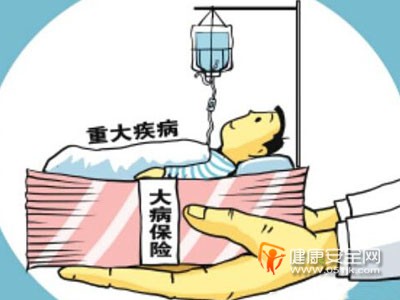
Toxic air isn’t just bad for human lungs and the environment, it’s also terrible for the global economy, according a new report.
一项最新报告显示,有毒的空气不仅对人类的肺部和环境有害,而且对全球经济也相当不利。
Outdoor air pollution could cost the world a whopping $2.6 trillion a year, or 1% of global GDP, by 2060, says the study by the Organization for Economic Cooperation and Development. The costs are a result of sick days, medical bills and reduced agricultural output.
据经济合作与发展组织的研究,空气污染正在造成误工、医疗费用增加及农产量减少,到2060年,室外空气污染使全球经济每年损失2.6万亿美元,占全球GDP的1%。
Countries like China, Russia and India, which are already wrestling with severe pollution, are expected to be hit especially hard.
像中国、俄罗斯和印度这样正在遭受严重污染的国家,估计受到的损失更为惨重。
Pollution could also lead to as many as 9 million premature deaths by 2060. Welfare costs associated with these deadly consequences are projected to rise to as much as $25 trillion over the same period. The amount associated with paying for the pain and suffering from illness -- for example, hospital admissions -- is estimated to hit $2.2 trillion.
到2060年,空气污染还可能导致多达900万人过早死亡,从而导致同期的福利支出预计也将上升到25万亿美元。因为病痛导致的医疗支出——比如住院费用,据估计将高达2.2万亿美元。
"The potential economic consequences of both the market and non-market impacts of outdoor air pollution are very significant," said the report, recommending policies to reduce polluting emissions. It said it focused on the effects of outdoor pollution specifically because it’s expected to get worse in the coming decades.
“户外空气污染的市场和非市场的潜在经济后果非常有意义。”该报告表示,并推荐一些政策以减少污染物排放。它表示将集中研究室外污染的影响,主要是由于在未来几十年里空气将变得更糟。
The highest number of related premature deaths are in China and India, which are among the most polluted countries in the world. Last December, Beijing city officials issued its highest smog warning for the first time.
污染引起的过早死亡人数最多的国家是中国和印度,它们是全球污染最严重的国家。去年12月,北京市政府首次启动了最高级别的雾霾警报。
The OECD report calls for targeted, local policies to try to tackle the problem. "There is no one-size-fits-all recipe for reducing the impacts of air pollution as there are large differences among countries in terms of prevalent pollutants and sources," it said.
经合组织在报告中呼吁有针对性的、结合当地的情况来解决这个问题。它说,“不同的国家主要污染物的特点及起源不同,所以,降低空气污染没有万全之策。”
The policies it suggests include incentives for cleaner technologies, and tougher standards for air quality, automobile emission and fuel quality standards.
其建议的政策包括:鼓励发展清洁技术,更严格的空气质量标准,汽车尾气排放标准以及燃料质量标准。





































































































